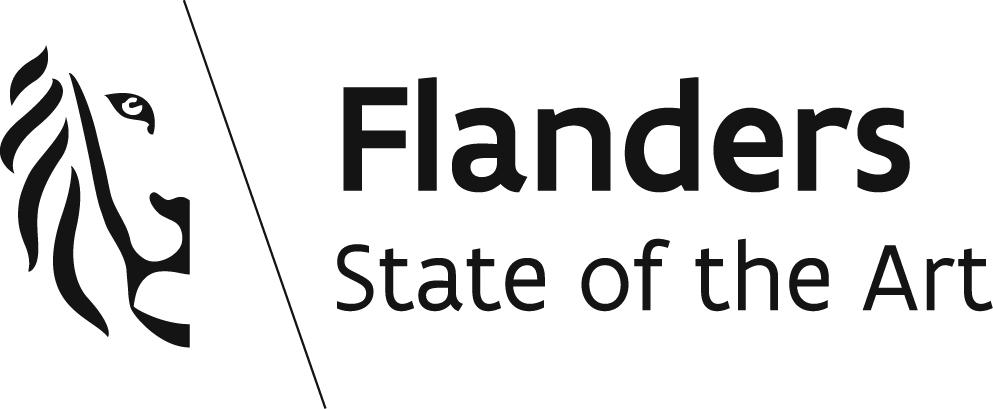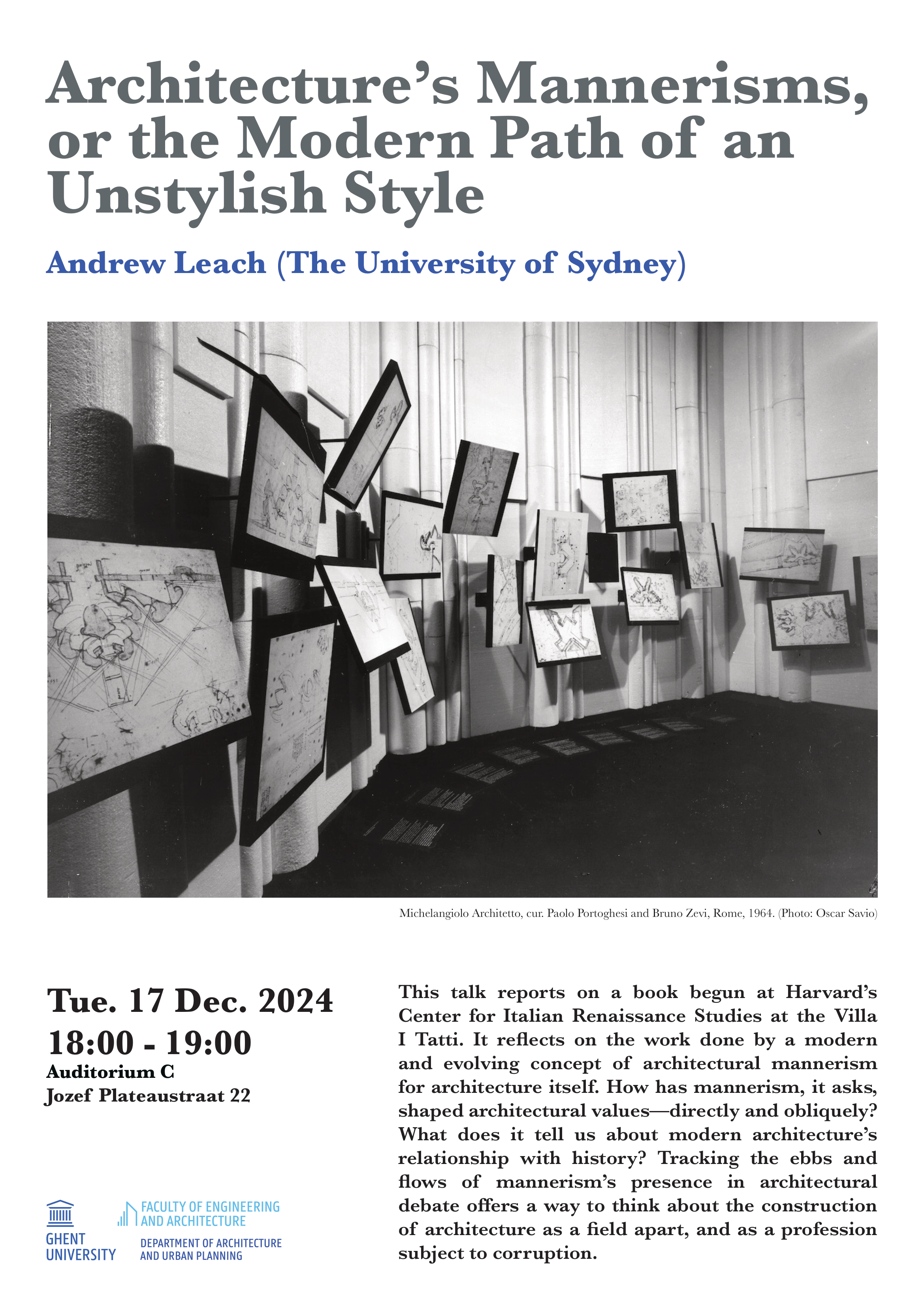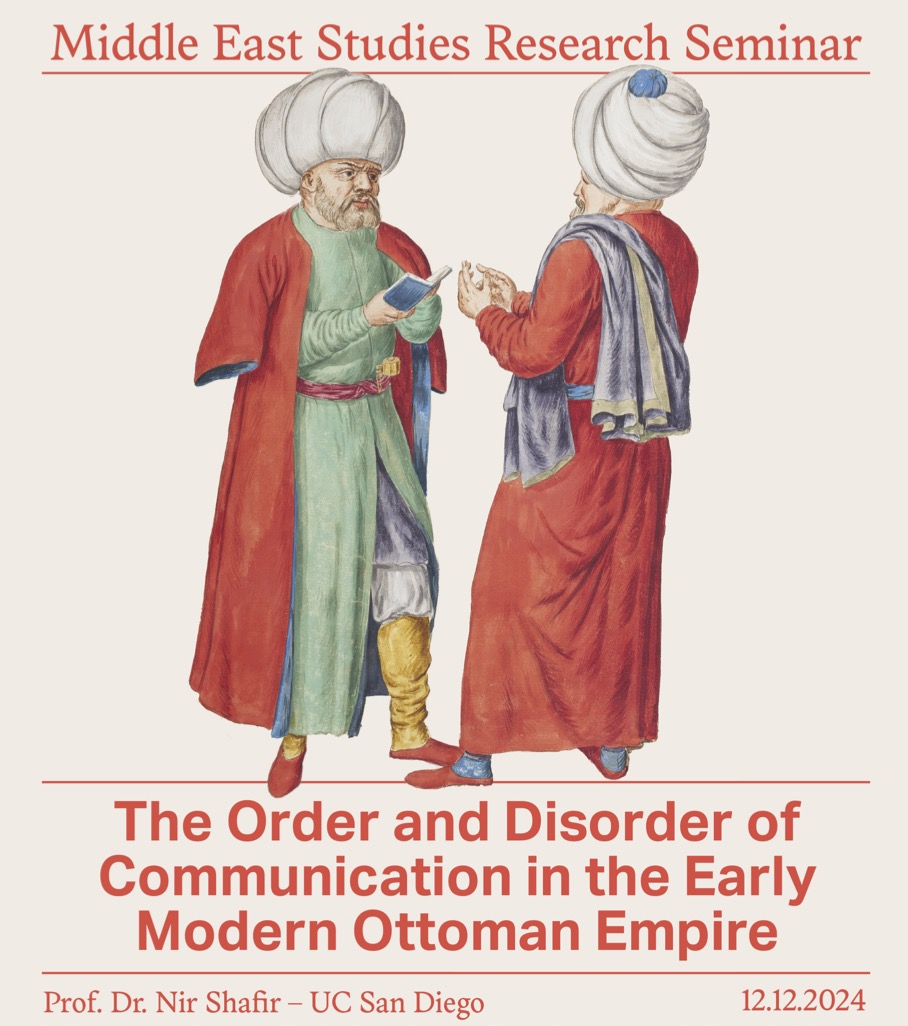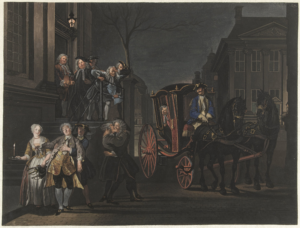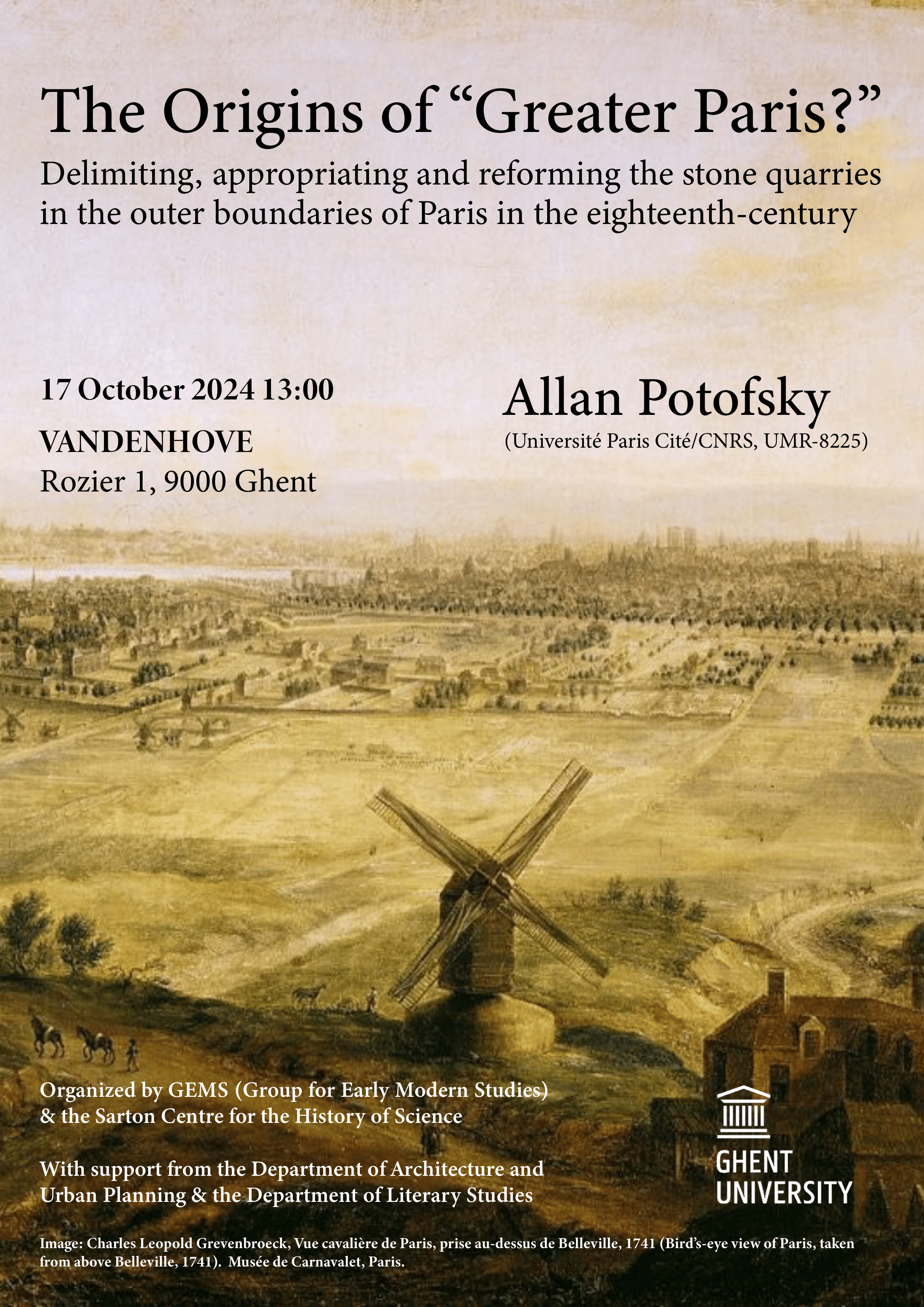Medieval and Early Modern Studies Spring School: History of Emotions – Groningen, 24-28 March 2025
This Spring School is organised by the University of Groningen, Ghent University, the Huizinga Institute and the Dutch Research School for Medieval Studies to stimulate contacts and exchange between PhD candidates and ReMa students in the field of the history of emotions, a flourishing research field that connects different disciplines within the humanities, as well as between SSH and the (neuro)sciences. At least six of these disciplines will be represented in this course: cultural history, neurosciences, literary studies, art history, creative writing and musicology. The aim of the course is not to provide an introduction in the field but to deepen the participants’ knowledge of four topical angles through which emotions in history can be studied. The course will mainly focus on the Middle Ages and the Early Modern Period, but students working on Antiquity or the Modern Period can attend as well.
Topic
The history of emotions is a scholarly field that came into existence almost 20 years ago and since then has realised major breakthroughs, most notably because of its interdisciplinary character. Unsurprisingly, also among young scholars in the field of medieval and early modern history there is a renewed interest in the history of emotions and its theoretical and methodological framework. The focus of scholars in the field has long been on the investigation of emotional norms, regimes, and communities, with the pioneering work of scholars such as Barbara Rosenwein and William Reddy. Monique Scheer introduced the idea of ‘doing emotions’, paying more attention to the performative aspect of emotional language, as well as cognitive processes and the idea of embodied knowledge. Other scholars focused explicitly on the role of emotions in processes of knowledge acquisition, ecological change and in ‘affective economies’. Many doctoral students interested in the field will be familiar with at least some of these approaches. This Spring School will provide them the opportunity to deepen this knowledge and to get familiar with topical debates in the field. Special attention will be given to digital methods, postcolonial approaches and the ´´´´´´relevance of neuroscience for historical research.
Approaches
This course takes four recent lines of research and the concepts associated with them as a starting point: digital approaches, rhetoric, well-being & art and decolonialty. Nine specialists will reflect from their scholarly background (cultural history, medieval history, literary studies, creative writing, art history, musicology, digital humanities and neurosciences) on how they define and apply the above-mentioned concepts in their own research. An accompanying reading list underpins further reflection and discussion with the participants. This will offer students a stepping stone to think these concepts in relation to their own work. Through short pitches the attending PhD students will concretely reflect on the possibilities and difficulties of working with the same concepts in their own research projects. More informal talks about the history of emotions will be possible during a thematic walk through Groningen and a workshop in creative writing and emotions. The Spring School will also provide a workshop on digital approaches of emotions in history.
Programme
Session I: Walk through Groningen: Revolution and Emotions – guide/lecturer: Renée Vulto (Utrecht)
Session II & III: Methodology and Digital Approaches – lecturers: Francesco Buscemi (Groningen) and Lucas van der Deijl (Groningen)
Session IV & V: Emotions and Rhetoric – lecturers: Janne Lindqvist (Uppsala) and Steven Vanderputten (Ghent)
Session VI & VII : Art, Mind and Well-being – lecturers: Jacomien Prins (Utrecht), Nicole Ruta (Leuven) and Gemma Schino (Groningen)
Session VIII & IX: Writing, Emotion, and Decoloniality – lecturers: Marrigje Paijmans (Amsterdam) and Femke Kramer (Groningen)
Registration
PhD students and ReMa students are invited to register for this course before 10 January 2025 through the link. Please note that there is a limited number of places available for this course. After your registration you will soon receive more information about whether your registration can be confirmed or not. Some of the participating graduate/doctoral schools will cover tuition and lodging for their participating members (please wait for more information after your registration).
Organising institutions and partners
This Spring School is organised by Ghent University (Doctoral Schools), the University of Groningen, the Huizinga Institute and the Research School for Medieval Studies in cooperation with the following research groups: the Groningen Research Institute for the Study of Culture (Rijksuniversiteit Groningen), the Group for Early Modern Studies (UGent), the Henri Pirenne Institute for Medieval Studies (UGent), the Amsterdam Centre for Studies in Early Modernity (UvA), Amsterdam Centre for Cross-Disciplinary Emotion and Sensory Studies (VU A’dam), the Amsterdam Centre for Studies in Early Modernity (UvA), the Institute for Early Modern History (UGent-VUB) and the Onderzoeksgroep Nieuwe Tijd (KU Leuven).
Organising committee
Estel van den Berg, MA (UGent, Group for Early Modern Studies), Dr. Femke Kramer (Rijksuniversiteit Groningen, Research Institute for the Study of Culture), Dr. Stefan Meysman (UGent, Henri Pirenne Institute for Medieval Studies), Prof. Bart Ramakers (Rijksuniversiteit Groningen, Research Institute for the Study of Culture), Dr. Lucas van der Deijl (Rijksuniversiteit Groningen, Research Institute for the Study of Culture), Dr. Lies Verbaere (UGent, Group for Early Modern Studies) and Prof. Kornee van der Haven (UGent, Group for Early Modern Studies)
